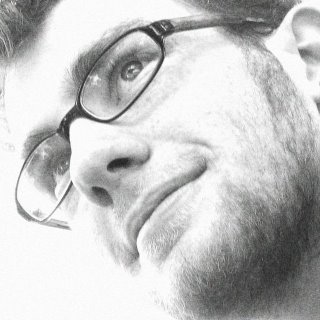Looking for Heidegger
Some people make much of Heidegger's involvement with the Nazi Party. Some go so far as to draw some kind of sinister link between fascism and the supposed fathers of postmodernism, charting lines between Nietzsche, Heidegger and Paul de Man and others and their political involvement, use or misuse.
But the reality is much more ambiguous. Where do we go looking for these theorists? What links can we draw between their lives and their theories. Did they know what they were involving themselves in or to what uses their work might be put? It is something of the mystery of life, and the plumbing ground of history, in which it is as important to assert as much as what we cannot know, as much as what we do.
A very nicely written piece that captures these things quite well is this account of looking for Heidegger's hut, hidden in the Black Forest...
I stood on a steeply sloping hillside deep in the Black Forest, panting, bathed in sweat and covered in mud. A group of llamas had stopped grazing nearby to watch me. After disorientation and fatigue, flying, driving, walking, and running, after springing over an electrified fence and sliding down a wooded slope, after losing my phone, my wife, and my bearings, I had at last found Martin Heidegger’s hut.
See the rest of the (warning: it's quite long, but worth the read) article here.
Link thanks to the ever-so-useful Continental Philosophy bulletin board
